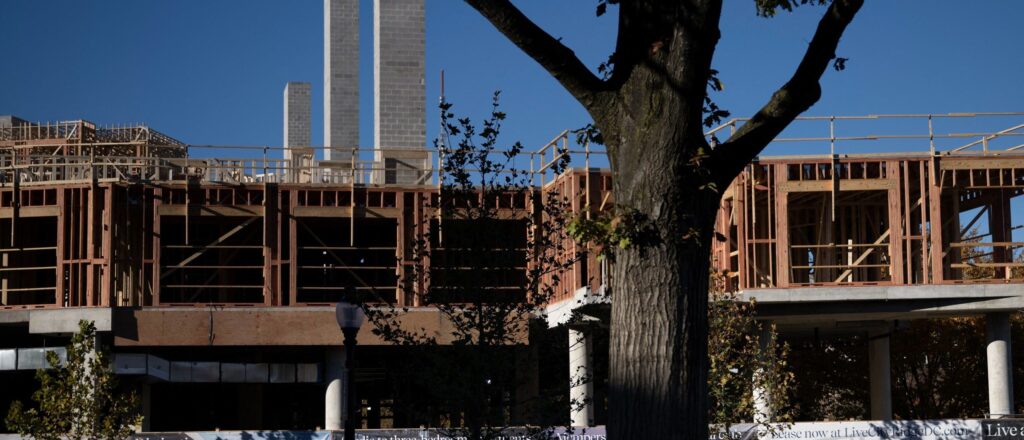JER Investors Trust, a mortgage real estate investment trust, filed for Chapter 11 bankruptcy on Friday, following other commercial real estate firms as the sector struggles with high interest rates and a lack of demand, according to Bloomberg.
The firm filed for bankruptcy in Wilmington, Delaware, claiming more than $100 million in debt but less than $50 million in assets, using the Chapter 11 protection to temporarily halt most debt payments to avoid a closure, according to Bloomberg. JER’s bankruptcy is indicative of a larger debt crisis in the commercial real estate sector, which has seen a rapid rise in delinquencies over the last year as high interest rates for mortgages and low demand for commercial buildings as more workers go remote take their toll. (RELATED: Community Banks Are Getting Crushed By Inflation-Fueled Rate Hikes)
JER manages debt for commercial real estate in a portfolio of mortgage-backed securities, which lost profitability as interest rates rose, according to Bloomberg. Interest rates are facing upward pressure from the Federal Reserve, which has placed its federal funds rate in a range of 5.25% and 5.50%, the highest point in 22 years, in an effort to combat high inflation.
BREAKING: The Bank Failures That Started In March Never Got Fixed.
The @federalreserve Simply Hid The Ongoing Damage & United States Banks Continue To Face An Insurmountable Debt Bomb & HUGE BANK FAILURES!
When The Commercial Real Estate Bubble Bursts, BANKS WILL FAIL! JB pic.twitter.com/Q7EXSWdDIU— John Basham (@JohnBasham) December 29, 2023
WeWork, a company that provides flexible workspaces for rent, filed for Chapter 11 bankruptcy in November, despite once being valued at $47 billion due to high venture capital interest. The company in September had 777 leases, which made up around two-thirds of its operating costs.
Another property firm, Pennsylvania Real Estate Investment Trust, also filed for bankruptcy earlier in December, the second time in the past three years, according to Bloomberg.
Commercial real estate has struggled to drum up interest in property following a collapse in demand during the COVID-19 pandemic, where workers and employers were forced online, which some have been hesitant to give up, according to a report from Cushman & Wakefield. The resulting vacancy rate for offices has increased to around 20% as of the third quarter of 2023, up from around 13% in 2019.
JER did not immediately respond to a request to comment from the Daily Caller News Foundation.
All content created by the Daily Caller News Foundation, an independent and nonpartisan newswire service, is available without charge to any legitimate news publisher that can provide a large audience. All republished articles must include our logo, our reporter’s byline and their DCNF affiliation. For any questions about our guidelines or partnering with us, please contact licensing@dailycallernewsfoundation.org.


